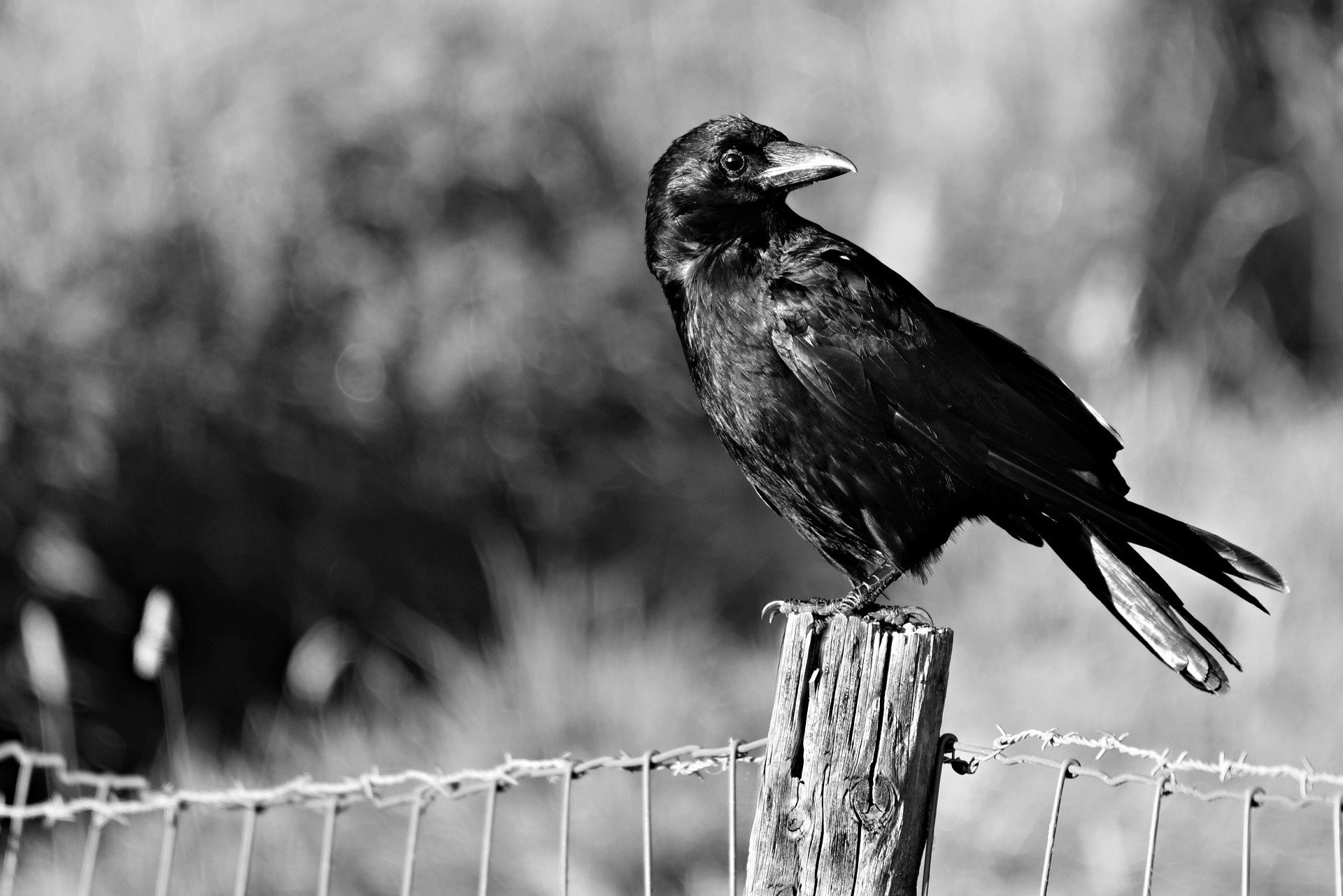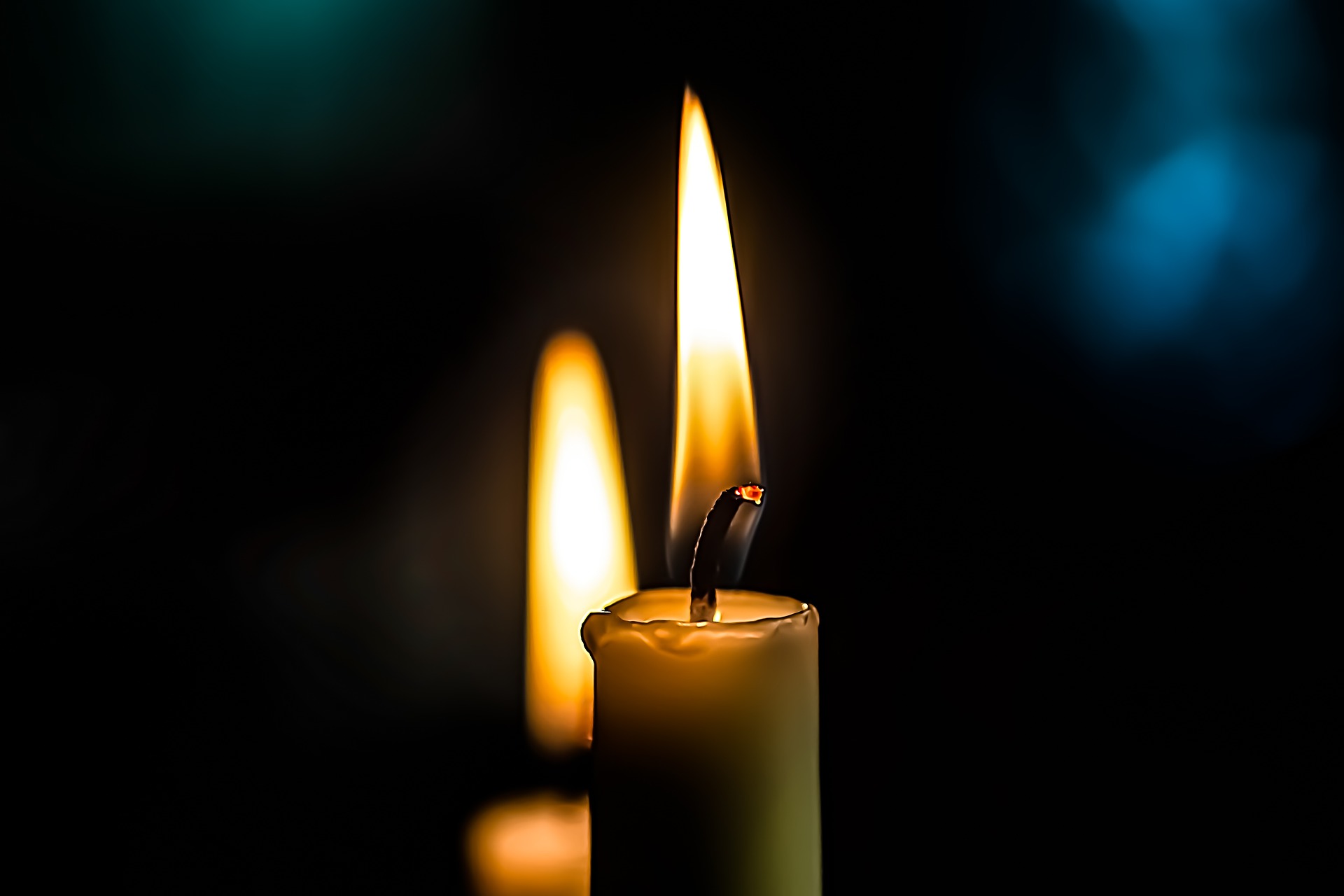-
Conscious and Unconscious Inspiration

We tend to think of inspiration as something that just happens, like vivid dreams or chance shower thoughts. They often feel like gifts from an external source — God, a muse, the Collective Unconscious, or some other cosmic power. These moments can be game-changing, so they ought to be cherished and recorded as soon as
-
How Do I…? Ellipses
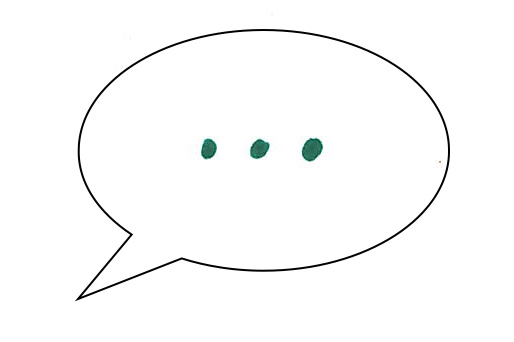
Everyone knows what ellipses are, but when it comes to using them, there’s not a lot of definitive advice. The one rule that you’ll find consistently is that they’re used to indicate when and where you’re skipping over parts of a quoted text. That’s very helpful for academic pieces. For creative writing, not so much.
-
Suspending Disbelief

If you’ve taken English classes or studied media at all, you’re probably familiar with suspension of disbelief. It’s the psychological mechanism through which we immerse ourselves in an imaginary world and allow ourselves to care about what happens in it. It’s our ability to temporarily ignore the normal rules of our everyday lives and slip
-
How Do I…? Dashes

This time, I’ll be discussing a particular piece of punctuation — dashes. (Yes, grammarians, I understand that there are multiple types of dashes, but I’m only referring to em dashes here.) This bit of punctuation has become my go-to whenever I’m building complex sentences and I’m not sure if commas would work. They’re a handy
-
Write As Your Antagonist
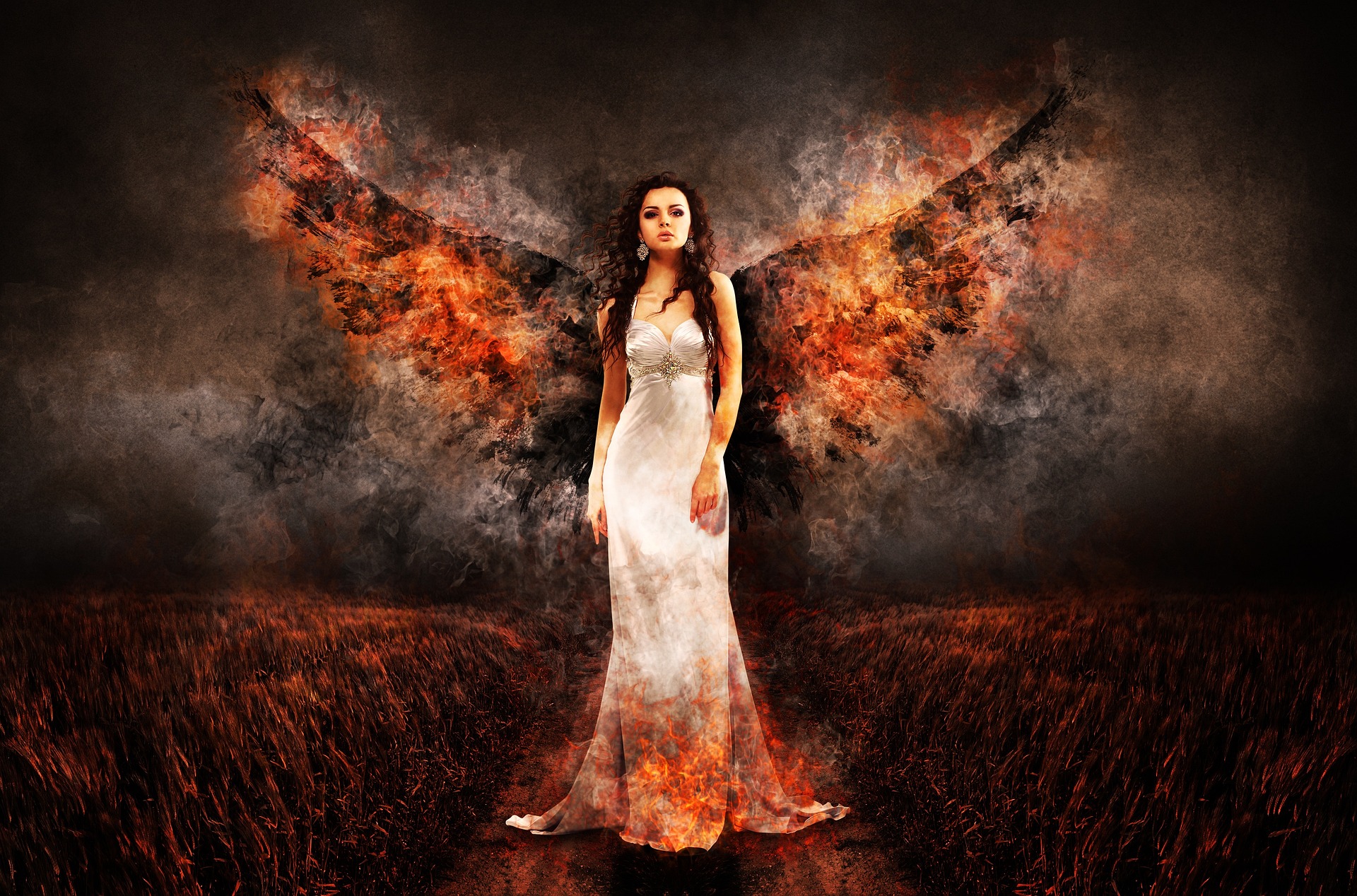
All writers have heard some variation of the phrase “A story is only as good as its villain.” Yet writers, especially beginners, rarely write from the villain’s perspective. Why? Because in order to do so, we must tap into our own villainous potential. We must foster compassion, even empathy, for the traits we deny, repress,
-
Three Ways to Start Your Story
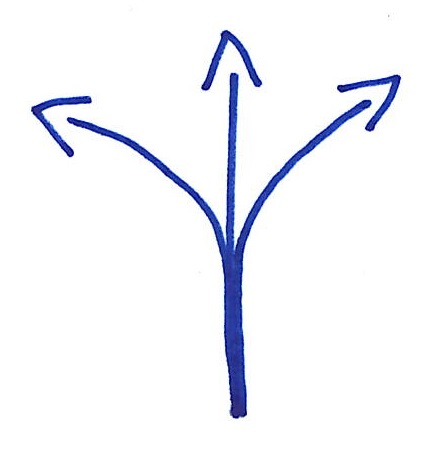
Many times, the hardest part of turning your new idea into a reality is figuring out where the story should begin. This month, I’ll present you with three possibilities as well as my thoughts on each: pros, cons, and what kinds of stories best fit them.
